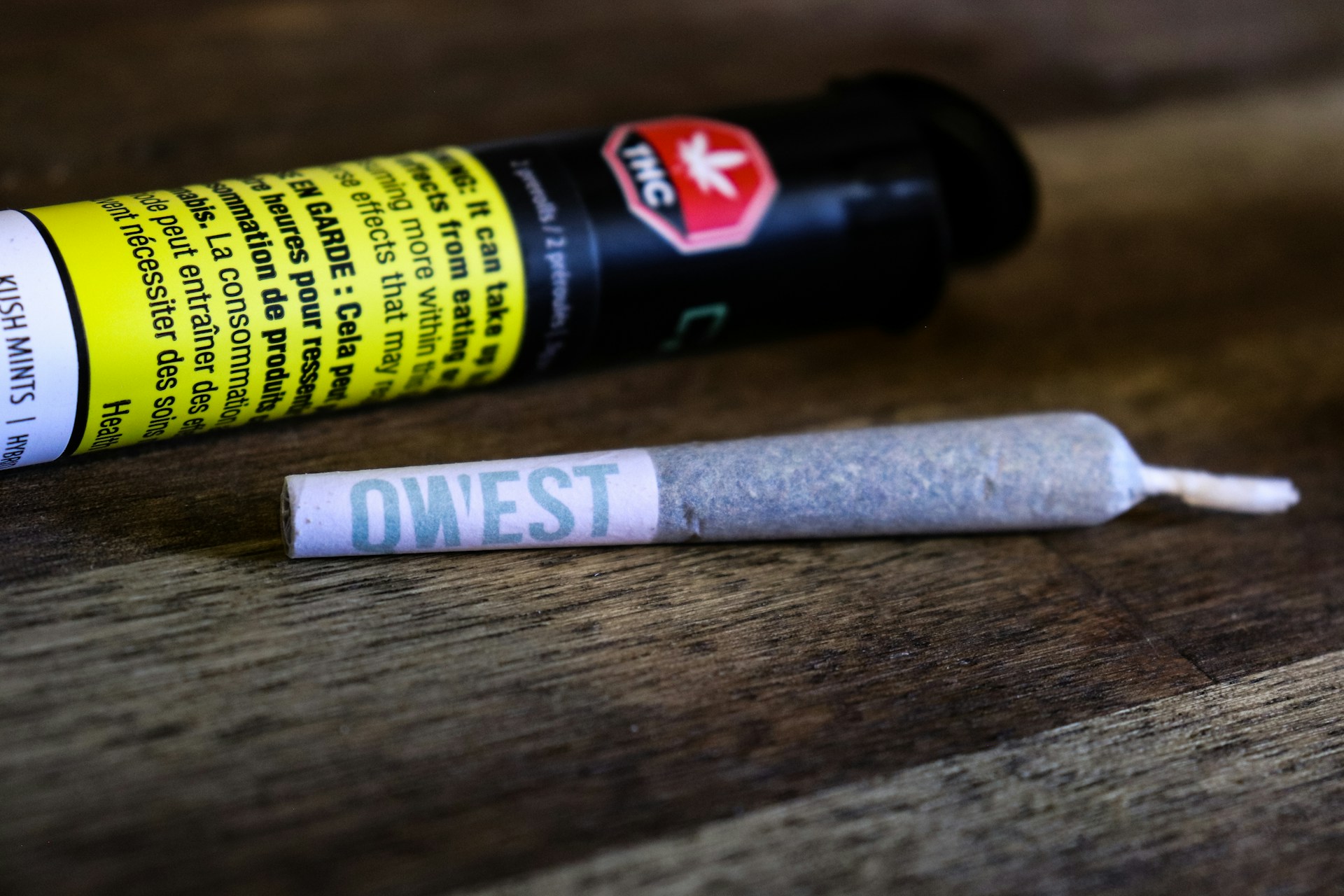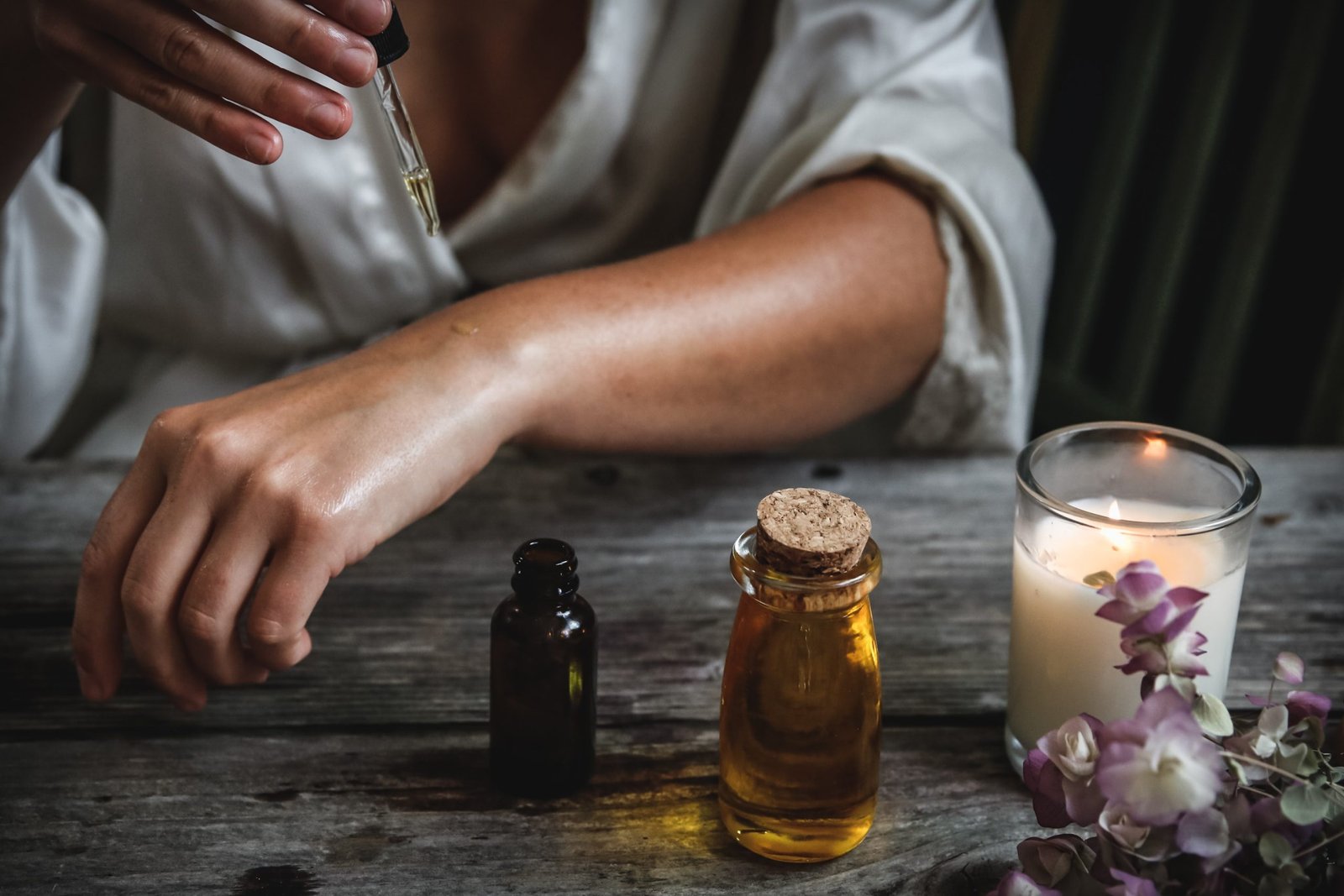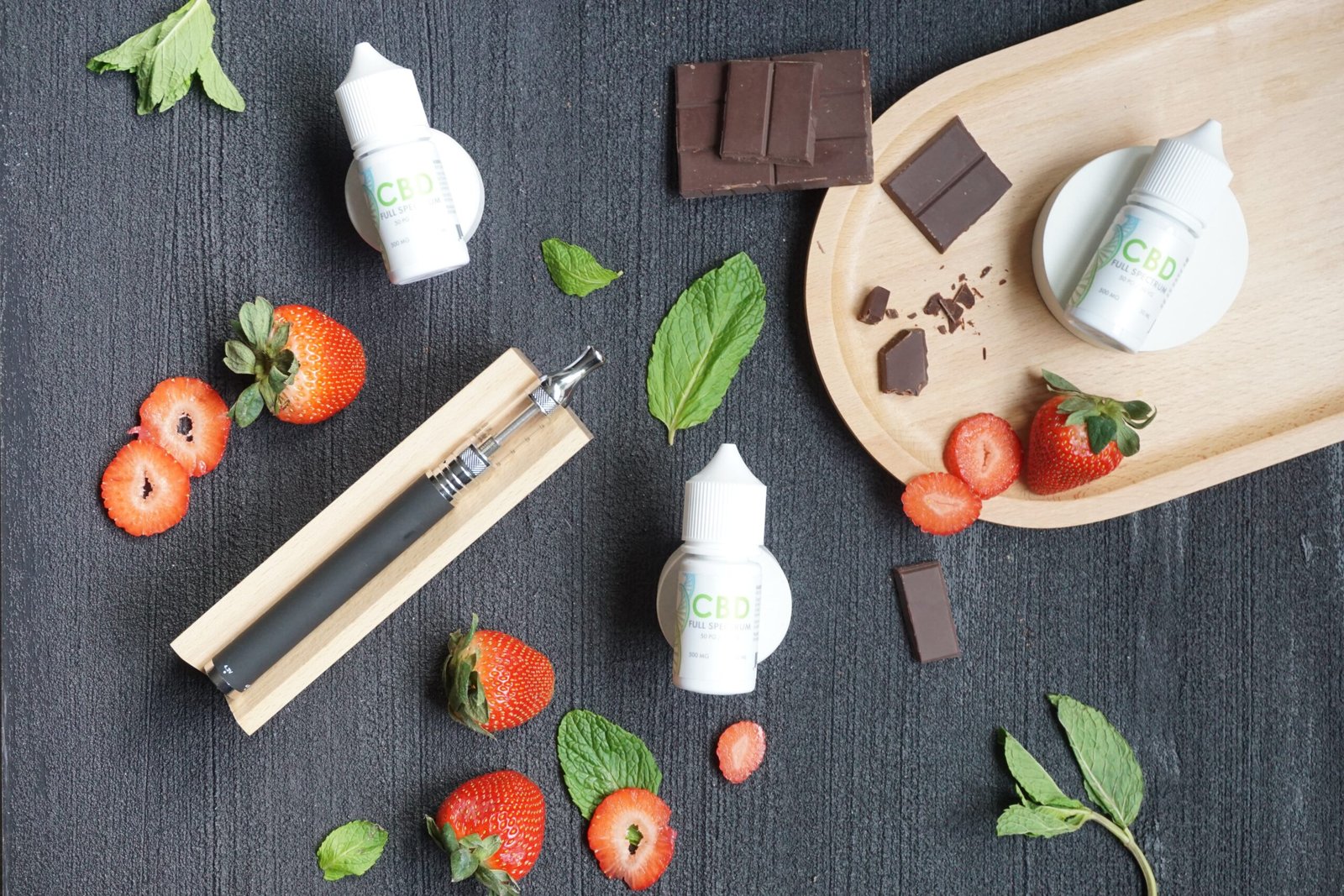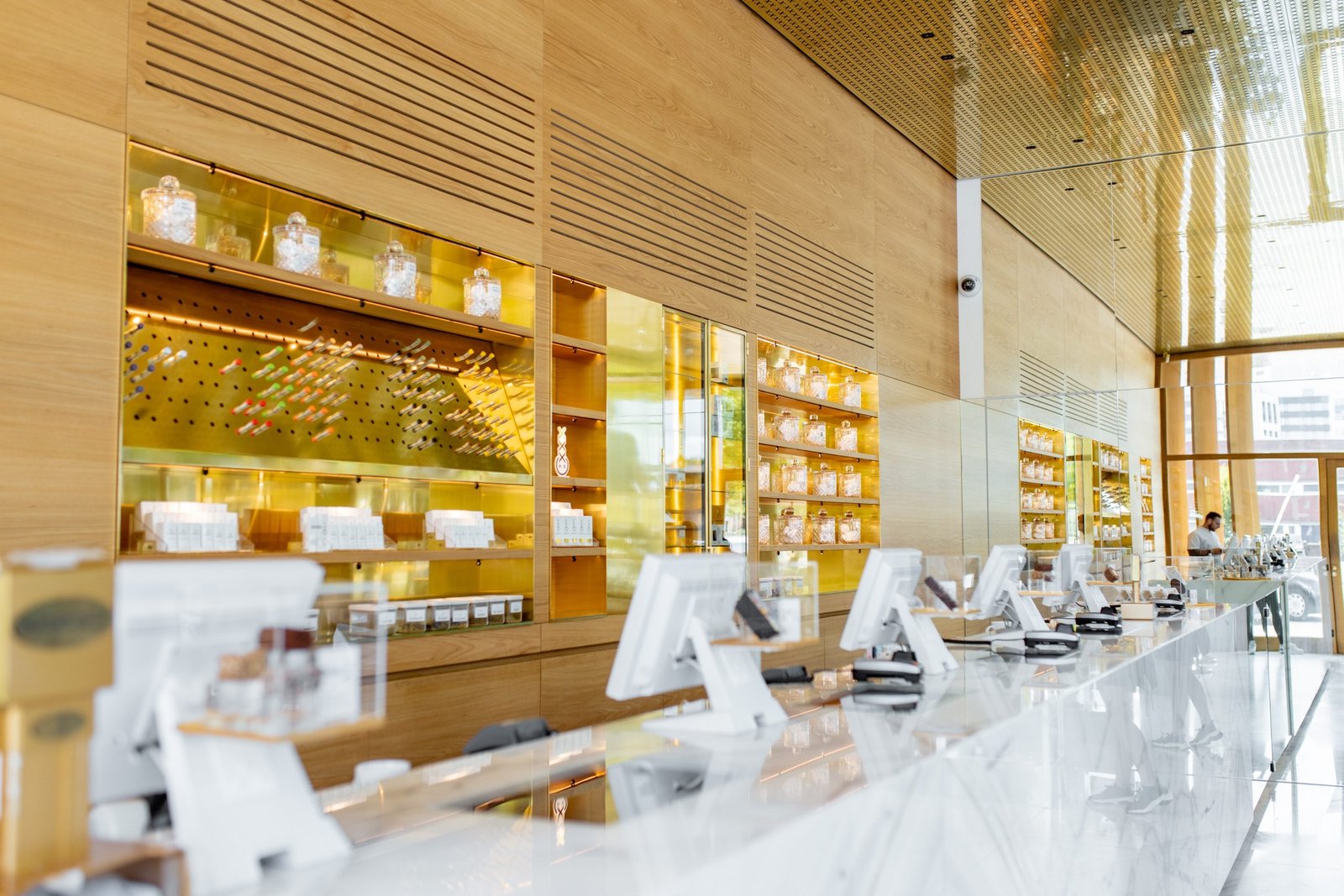THCA, or tetrahydrocannabinolic acid, is a compound found in raw and live hemp and cannabis plants.
It does not produce psychoactive effects in its raw form. However, when exposed to heat through smoking, vaping, or cooking, THCA converts to THC, releasing psychoactive properties. THCA’s dynamic nature has led to numerous misconceptions about its effects, potency, therapeutic value, legality, and natural status.

This article uncovers the myths and facts consumers need to know about THCA.
Myth 1: THCA is Non-Psychoactive
Some people believe THCA is entirely non-psychoactive because it is the inactive precursor to THC in young hemp and cannabis plants.
Fact: THC-A is indeed non-psychoactive in its raw form. However, once THCA is heated through smoking, vaping, or cooking, it transforms into THC, which is highly intoxicating. This heat-driven conversion process, known as decarboxylation, involves the THCA molecule losing a carboxyl group and becoming THC.
Key Points:
- Raw THCA: Non-psychoactive and suitable for those avoiding a high.
- Heated THCA: Converts to THC, delivering psychoactive effects.
- Decarboxylation: The process through which THCA becomes THC.
Consumers looking to try this transformative compound can find THC-A for sale here, offering various smokable and psychoactive product options.
Myth 2: THCA is Much Weaker Than THC in Smokable Products
Other people have heard of THCA’s intoxicating effects in smokable products. However, most assume that THCA is far weaker than THC.
Fact: Smokable THCA is slightly less potent than THC. However, the perceived weakness of THCA compared to THC is a myth. When THCA is heated, about 87.7% of it converts to THC. That means strains like Future Haze (40% THCA) and Greasy Zkittlez (36.4% THCA) can deliver potent effects comparable to high-THC strains, ensuring consumers a powerful and satisfying experience.
Key Points:
- Conversion: About 87.7% of THCA converts to THC when heated, providing nearly the same effects.
- Potent Strains: High-THCA strains like Future Haze and Greasy Zkittles deliver intense effects.
Myth 3: THCA Only Has Therapeutic Value When Consumed Raw
THCA possesses significant therapeutic potential when consumed raw. However, raw THCA isn’t the only beneficial form.
Fact: THCA provides significant wellness advantages, whether raw or smoked. Research indicates that raw THCA may be anti-inflammatory, neuroprotective, and anti-convulsant. Consuming raw THCA, often through juicing or tinctures, can harness these properties without the psychoactive effects of THC. On the other hand, smokeable THCA products like pre-rolls and vapes offer traditional cannabis benefits such as pain relief, appetite stimulation, and anxiety reduction.
Therapeutic Benefits of Raw THCA:
- Anti-Inflammatory: Helps reduce inflammation, beneficial for conditions like arthritis.
- Neuroprotective: May protect against neurodegenerative diseases such as Alzheimer’s and Parkinson’s.
- Anticonvulsant: Can reduce frequency and severity of seizures.
Therapeutic Benefits of Heated THCA (THC):
- Pain Relief: Provides significant pain reduction.
- Appetite Stimulation: Helps increase appetite and is beneficial for conditions like cachexia, which causes severe weight loss.
- Anxiety Reduction: Can alleviate symptoms of anxiety and stress.
Myth 4: THCA is Allowed Federally and in All States
Some people think THC-A is fully legal because smokable THCA products typically come from hemp.
Fact: THCA legality is more nuanced than it appears. Federally, THCA falls under the definition of industrial hemp, which is legal under the 2018 Farm Bill as long as the regular THC (Delta-9 THC) content is below 0.3% on a dry weight basis. However, the situation changes at the state level. States like Arkansas, Idaho, and Massachusetts apply “Total THC” testing rules, which account for the potential conversion of THCA to THC. This means that if the combined amount of Delta-9 THC and THCA exceeds the legal limit, the product is considered illegal.
Key Points:
- Federal Legality: THCA is legal under the 2018 Farm Bill if the product’s THC content is below 0.3%.
- State Variations: States have different regulations, and some may have stricter controls.
Myth 5: THCA Products are Unnatural
Some people believe THCA products are unnatural because they equate THCA with semi-synthetical hemp compounds, Delta-8 and Delta-10 THC.
Fact: THCA products can be as natural as any other cannabis product because the compound occurs abundantly in raw and live cannabis plants. Growers cultivate specific strains with high THCA content using optimal growing conditions. Then, after harvesting, the flower undergoes a careful drying and curing process to preserve its natural THCA levels.
Key Points:
- Natural Occurrence: THCA is a naturally occurring compound in cannabis.
- High THCA Strains: Cultivated for high THCA content.
- Careful Processing: Dried and cured to preserve THCA levels.

The Bottom Line
Cannabis enthusiasts navigating the world of THCA must distinguish between myths and facts to fully appreciate its benefits. THCA, a naturally occurring compound in cannabis, converts to psychoactive THC when heated, contrary to the belief that it is non-psychoactive. High-THCA strains can rival the potency of traditional THC products, offering robust effects when smoked or vaped.
THCA provides therapeutic benefits in both raw and heated forms, making it versatile for various wellness needs. Understanding the legal landscape and the natural cultivation process of THCA helps consumers make informed choices in this evolving market.






